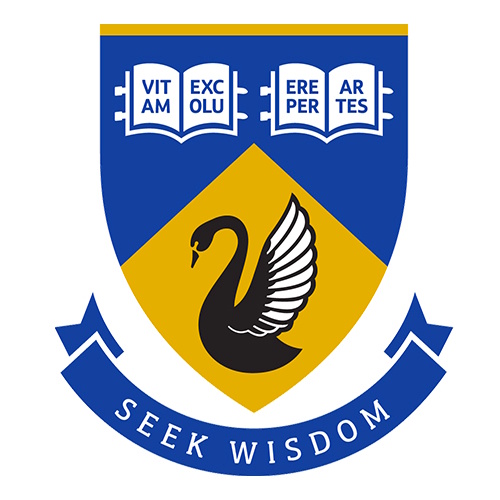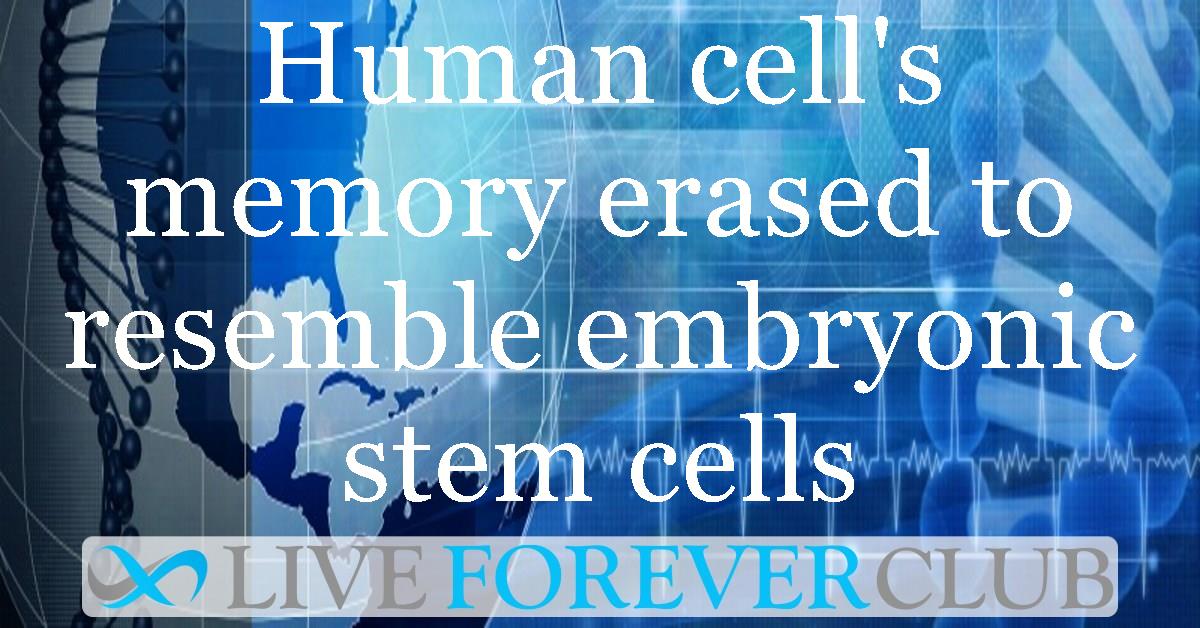Key points from article :
Scientists discovered a new method to reprogram human cells to mimic embryonic stem cells.
New transient-naive-treatment (TNT) reprogramming method mimics a cell’s epigenome in early embryonic development.
“This significantly reduces the differences between induced pluripotent stem (iPS) cells and embryonic stem (ES) cells, maximising the effectiveness of human iPS cells,” - Ryan Lister, Corresponding author.
TNT-iPS cells much more closely resembled human ES cells – both molecularly and functionally.
iPS cells generated using the TNT method differentiated into many other cells than those generated with the standard method.
Further research was needed to understand precise molecular mechanisms underlying the iPS epigenome aberrations and their correction, said corresponding author Jose Polo.
“TNT reprogramming will establish a new benchmark for cell therapies and biomedical research, and substantially advance their progress,” - Lister.
Widespread applications in disease modelling, drug screening and cell-based therapies.
Study by University of Western Australia and Monash University, published in Nature.







